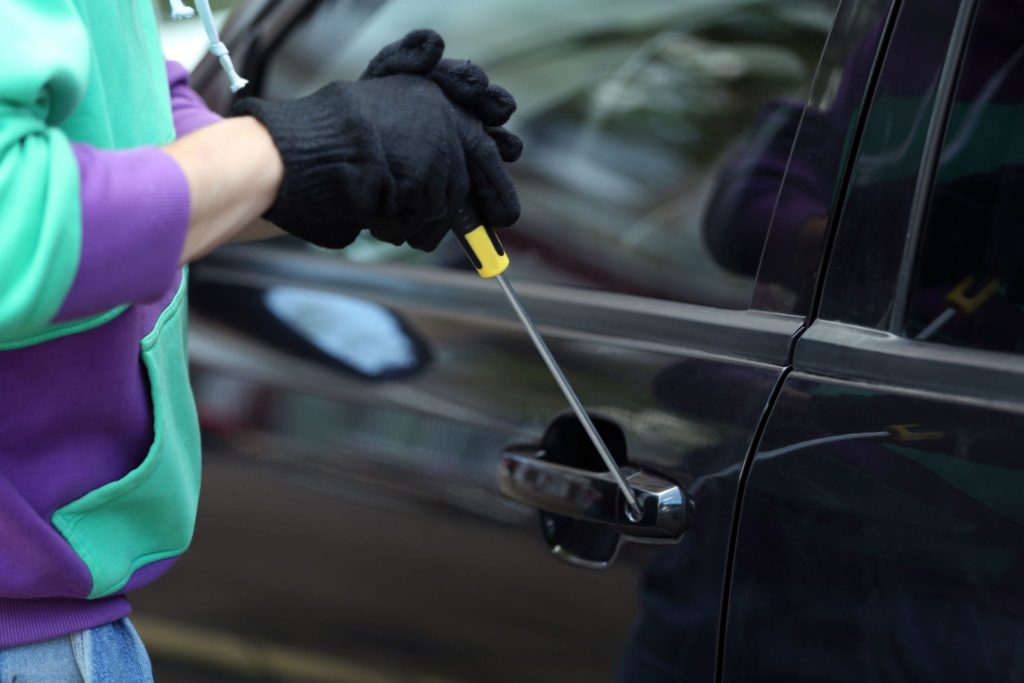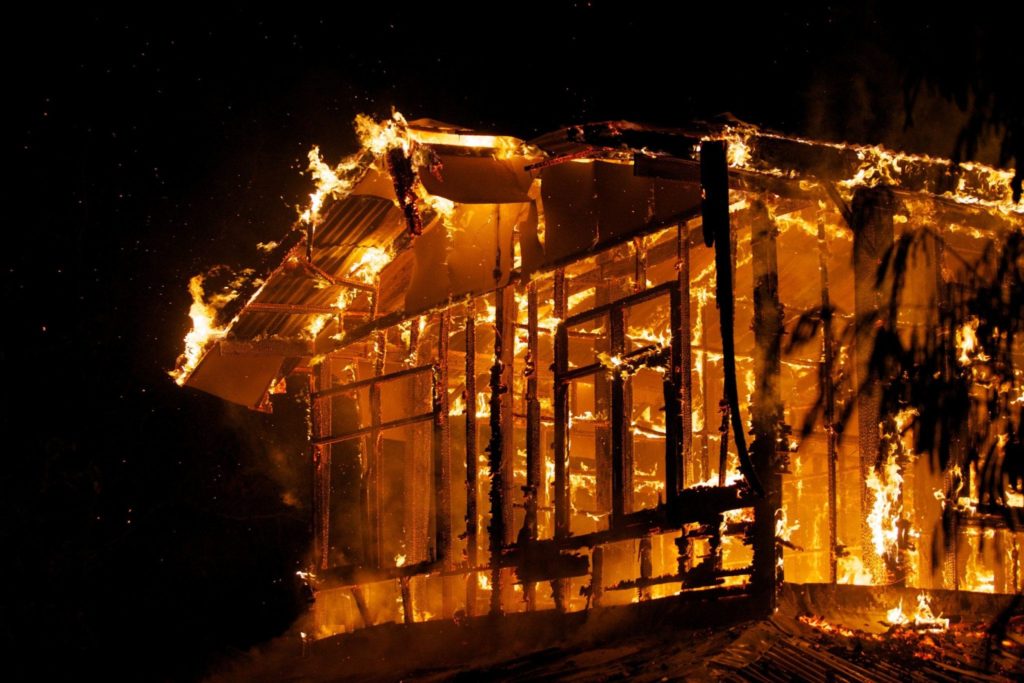Generally speaking there are two different main categories of crimes: violent crimes, and crimes against property.
You can probably guess at most of the violent crimes. Things like murder, assault and battery, rape, and so on. Acts that are inherently violent in nature.
Property crimes are not always quite as easy to understand, and in our state there are a number of them. In order to best protect yourself and your future if you find yourself charged, one of the most important things you can do is to learn about how North Carolina defines and categorizes property crimes.
The 5 Different Types of Property Crime Offenses in North Carolina
Under North Carolina law, five different types of offenses are considered property crimes. If you have been charged with any of these five offenses, help is available. Read on to understand your charges and learn how you can avoid the penalties.
Trespassing
Trespassing is defined as entering a property or building without authorization. The property or building should have clear evidence of an intent to keep out intruders, such as a fence or other barrier. The penal code details specifics about trespassing on natural gas or propane storage facilities, electrical transmission stations, agricultural buildings, and public water system facilities.
Trespassing in the first degree, as described above, is considered a Class I felony with a fine of $1,000. A charge of second degree trespassing occurs if the offender was warned not to enter by either a person or by a posting. This charge is considered a Class 3 misdemeanor.
Larceny
The majority of theft crimes are categorized as larceny under North Carolina statutes, and most often larceny is considered a felony. While there is no specific definition of larceny in the state code, most offenses involve one individual taking the property of another with no intent to return the property.
A common form of larceny is shoplifting, which involves taking merchandise from a retail store, concealing items in a lead-lined bag or purse, or switching price tags.
Additional forms of larceny (there are a lot), include taking fuel, firearms, public records, infant formula, shopping carts, waste kitchen grease, trade secrets, dairy cases, crops and plants, animals, vehicles, aircraft, watercraft, pump trucks, or portable toilets without permission. Basically, don’t take someone’s property unless you are authorized to do so.
You may face a Class 1 misdemeanor larceny charge if the value of the items in question is less than $1,000. A Class H felony larceny charge will apply if the total value exceeds $1,000. Felony charges will likely involve jail time, and you may incur additional civil penalties. Consult with a legal professional to understand the specifics of the charge you are facing.
Burglary
Burglary charges in our state have several different degrees. The main factor influencing the charges is intent to commit a crime upon entry.
Breaking and entering carries the charge of a Class 1 misdemeanor. A Class H felony charge will be filed for breaking and entering a building with an intent to commit a felony or larceny. The Class H felony charge also applies if the burglary included an intent to terrorize or injure occupants of the building.
A charge of burglary applies if you entered another person’s home, vehicle, or workplace with an intent to commit a crime involving force or violence. Other reasons for burglary charges involve entering churches, motor vehicles, railroad cars, watercraft, aircraft, or forcing openings on coin- or currency-operating machines.
A Class I felony charge applies if you were armed with a dangerous weapon, explosives, or lock-picking accessories when the burglary occurred.
Arson
Arson can be defined as the burning of a building or structure with malicious intent. If malicious intent cannot be proven, the charges of arson may be dropped.
The penal code covers arson as related to these structures:
- Mobile or manufactured homes
- Recreational trailers
- Public buildings
- Schools or educational institutions
- Bridges
- Churches and religious buildings
- Boats and barges
- Tobacco houses
- Personal property
- Residential homes
If the structure was occupied at the time of the burning, the offense is first degree arson, a Class D felony. If the structure was not occupied at the time of the burning, the offense is second degree arson and will be a Class G felony.
Vandalism
The charge of vandalism applies if any damage, markings, defacements, or burns occur in caves. Other vandalism charges apply in certain cases of graffiti, defacing landmarks, and damaging grave sites. Most vandalism charges are classified as misdemeanors; check with a criminal defense attorney regarding your situation.
What You Can Do to Defend against North Carolina Property Crime Charges
In all five types of property crimes, common defenses include lack of intent to commit a crime. If your attorney is able to prove you did not intend to commit the crime, the charges may be dropped.
If you are facing any of these charges, you may incur steep fines, required community service hours, additional civil charges, and possible jail time. Don’t hesitate to contact a North Carolina criminal defense attorney if you are facing any of the charges described here. Your attorney will work to build a defense and try to reduce your charges or have them dismissed.
About the Author:
Jan Elliott Pritchett is Managing Partner at the Law Firm of Schlosser & Pritchett and one of North Carolina’s top rated criminal defense attorneys. With a practice dedicated 100% to litigation, Mr. Pritchett protects the legal rights of clients who have been charged in federal and state criminal matters, as well as DUI/DWi, motor vehicle accidents, personal injury, and traffic violations. In practice since 1995, Mr. Pritchett has earned a reputation as a highly talented and fearless lawyer, being listed among the state’s “Legal Elite” and recognized as one of the Top 100 DWI Lawyers in North Carolina by the National Advocacy of DUI Defense. He currently serves as the Co-Chairman of the North Carolina State Board of Legal Specialization, Criminal Law Specialty, and Vice-Chairman of the North Carolina Bar Association, Criminal Justice Section.










